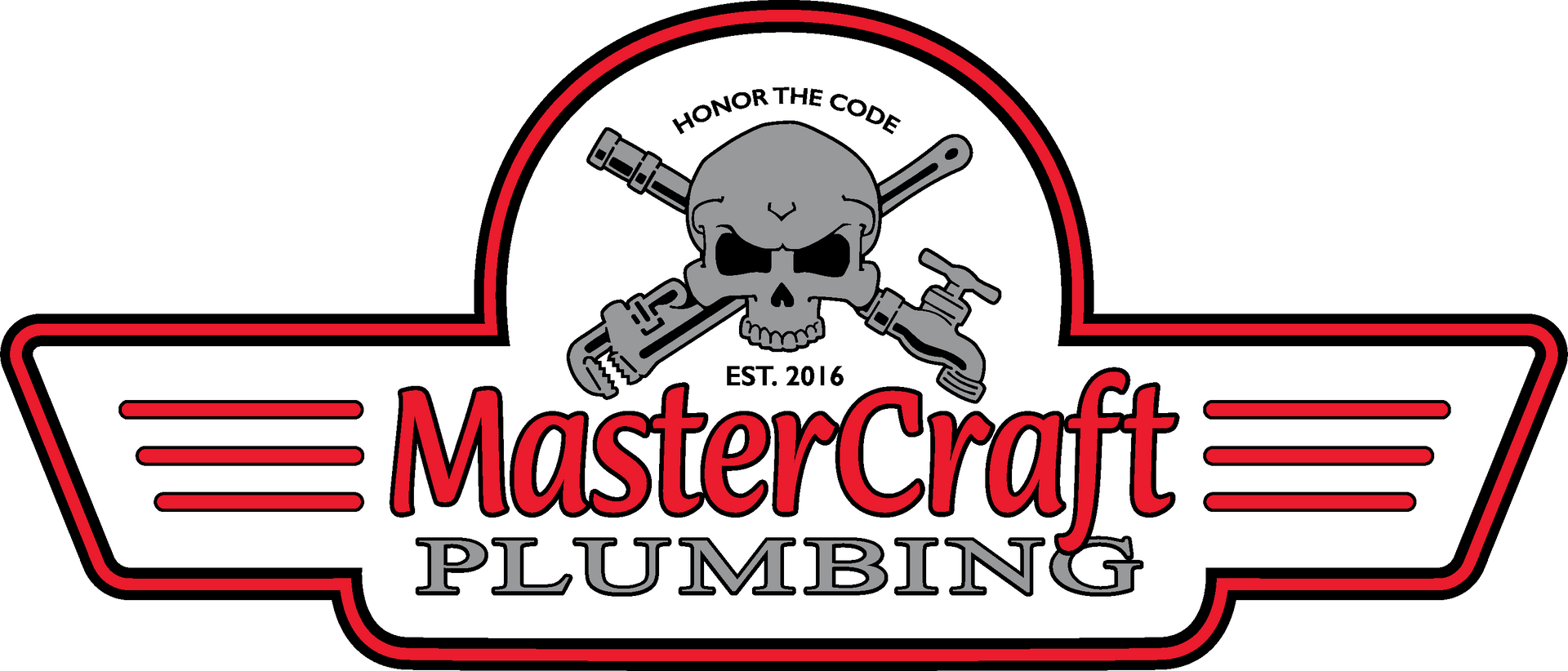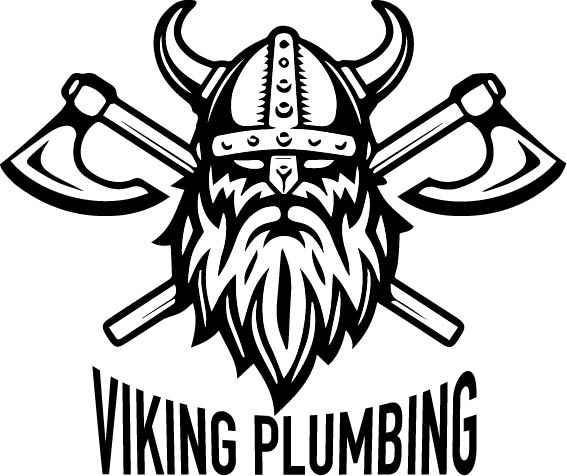September 20, 2025
In today's fast-paced world, many people overlook the skilled trades. However, these careers offer not only job security but also a chance to work with your hands and see tangible results from your efforts. Skilled trades encompass a wide range of professions, from electricians to plumbers, and each offers unique opportunities for growth and satisfaction. As we explore the world of skilled trades, you will discover the benefits of pursuing a career in this field, the various options available, and how to get started. The Importance of Skilled Trades Skilled trades are essential to our daily lives. They keep our homes running smoothly, our businesses operational, and our infrastructure intact. Without skilled tradespeople, many of the conveniences we take for granted would not exist. Here are a few reasons why skilled trades are important: Job Security: Skilled trades are in high demand. As the population grows, so does the need for skilled workers. Good Pay: Many skilled trades offer competitive salaries. With experience, you can earn a comfortable living. Hands-On Work: If you enjoy working with your hands, skilled trades provide the perfect opportunity to do so. Variety of Options: There are numerous skilled trades to choose from, allowing you to find a career that suits your interests. Popular Skilled Trades There are many skilled trades to consider. Here are some of the most popular options: Electricians Electricians are responsible for installing and maintaining electrical systems. They work in homes, businesses, and construction sites. Training: Most electricians complete an apprenticeship program, which combines on-the-job training with classroom instruction. Salary: The average salary for electricians varies by location but can range from $40,000 to $80,000 per year. Plumbers Plumbers install and repair water, gas, and drainage systems. They play a crucial role in ensuring that our homes and businesses have access to clean water. Training: Like electricians, plumbers typically complete an apprenticeship program. Salary: Plumbers can earn between $40,000 and $75,000 annually, depending on their experience and location. HVAC Technicians HVAC (Heating, Ventilation, and Air Conditioning) technicians install and maintain climate control systems. They ensure that our homes and businesses are comfortable year-round. Training: HVAC technicians often complete a technical school program or apprenticeship. Salary: The average salary for HVAC technicians ranges from $35,000 to $70,000 per year. Carpenters Carpenters work with wood and other materials to construct, install, and repair structures. They are involved in everything from building homes to creating custom furniture. Training: Carpenters typically learn through apprenticeships or on-the-job training. Salary: Carpenters can earn between $30,000 and $60,000 annually. Welders Welders join metal parts together using heat. They work in various industries, including construction, manufacturing, and automotive. Training: Many welders complete a technical program or apprenticeship. Salary: Welders can earn between $35,000 and $70,000 per year, depending on their skills and experience. The Path to a Skilled Trade Career If you are interested in pursuing a career in skilled trades, here are some steps to help you get started: 1. Research Your Options Take the time to explore different skilled trades. Consider what interests you and what skills you already have. 2. Get Educated Most skilled trades require some form of education or training. Look for local trade schools or community colleges that offer programs in your chosen field. 3. Find an Apprenticeship Many skilled trades require apprenticeships. These programs provide hands-on experience while you learn from experienced professionals. 4. Obtain Certifications Some skilled trades require specific certifications. Research the requirements for your chosen field and work towards obtaining the necessary credentials. 5. Start Networking Connect with professionals in your chosen trade. Attend industry events, join local trade organizations, and seek out mentors who can help guide you in your career. The Benefits of a Career in Skilled Trades Choosing a career in skilled trades comes with numerous benefits. Here are some of the most significant advantages: Job Satisfaction Many skilled tradespeople find great satisfaction in their work. They can see the results of their efforts and take pride in their accomplishments. Flexibility Skilled trades often offer flexible work schedules. This can be especially appealing for those who want to balance work and personal life. Opportunities for Advancement As you gain experience in your trade, there are often opportunities for advancement. You may be able to move into supervisory roles or start your own business. Community Impact Skilled tradespeople play a vital role in their communities. They help build and maintain the infrastructure that keeps our society functioning. Overcoming Common Misconceptions Despite the many benefits of skilled trades, there are still misconceptions that may deter people from pursuing these careers. Here are a few common myths and the truths behind them: Myth: Skilled Trades Are for Those Who Cannot Succeed Academically Truth: Many skilled trades require a strong understanding of math and science. Success in these fields often comes from hands-on experience and practical knowledge, not just academic achievement. Myth: Skilled Trades Are Dangerous Truth: While some skilled trades can be physically demanding, safety training is a significant part of the education process. Many tradespeople work in safe environments and follow strict safety protocols. Myth: Skilled Trades Are Low-Paying Jobs Truth: Many skilled trades offer competitive salaries and benefits. With experience and specialization, you can earn a comfortable living. The Future of Skilled Trades The future looks bright for skilled trades. As technology advances, new opportunities are emerging. For example, the rise of renewable energy has created a demand for skilled workers in solar and wind energy. Additionally, as the current workforce ages, there will be a growing need for new skilled tradespeople to fill the gaps. This means that now is an excellent time to consider a career in skilled trades. Eye-level view of a skilled tradesperson working on electrical wiring Getting Started Today If you are ready to explore a career in skilled trades, take the first step today. Research your options, find a training program, and start networking with professionals in the field. Remember, skilled trades offer not only job security and good pay but also the chance to make a real difference in your community. As you embark on this journey, keep an open mind and be willing to learn. The world of skilled trades is full of opportunities waiting for you to discover. In the end, pursuing a career in skilled trades can lead to a fulfilling and rewarding life. Whether you are just starting your career or looking for a change, the skilled trades offer a path to success. Embrace the possibilities and take the leap into a world where your skills can shine.

































